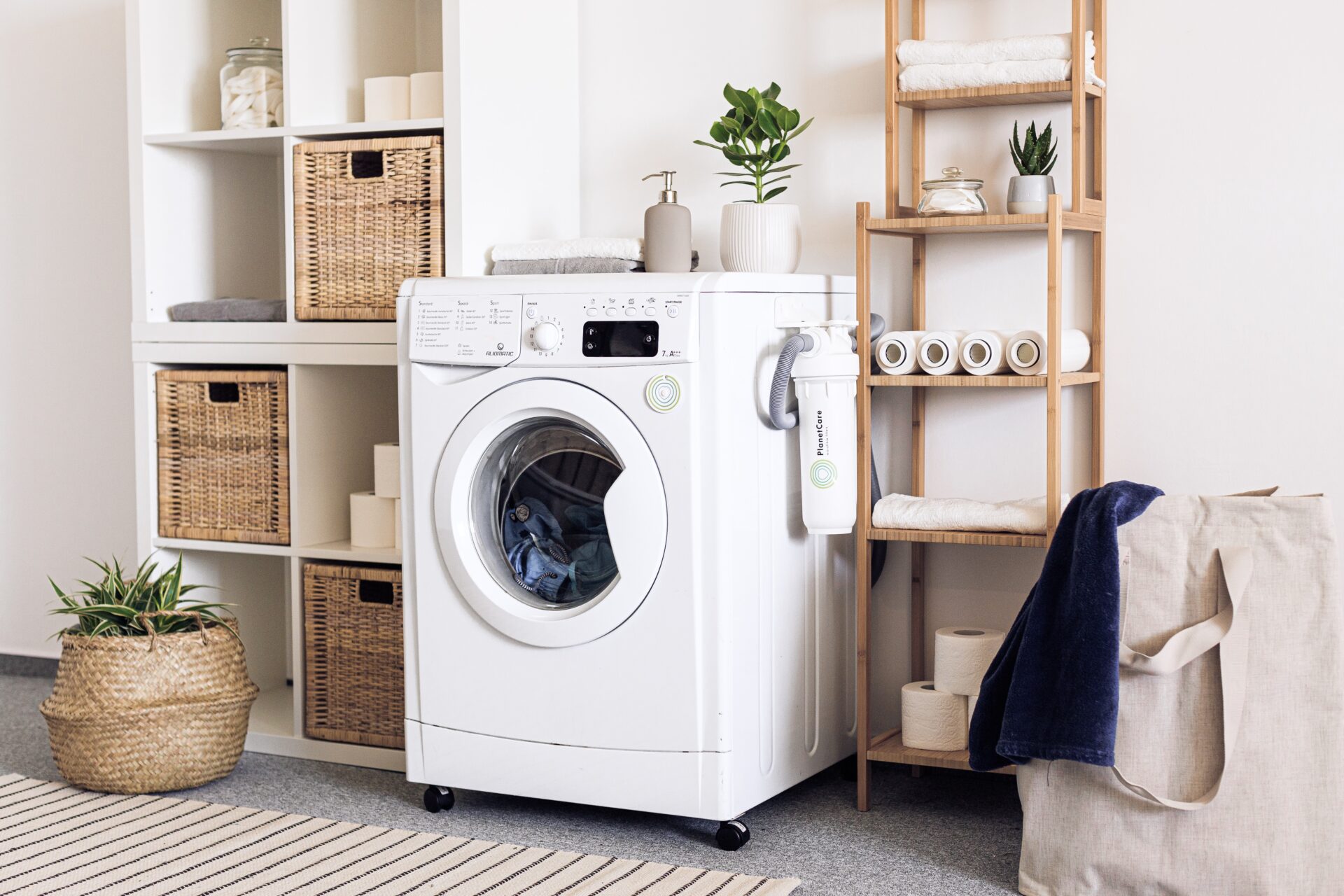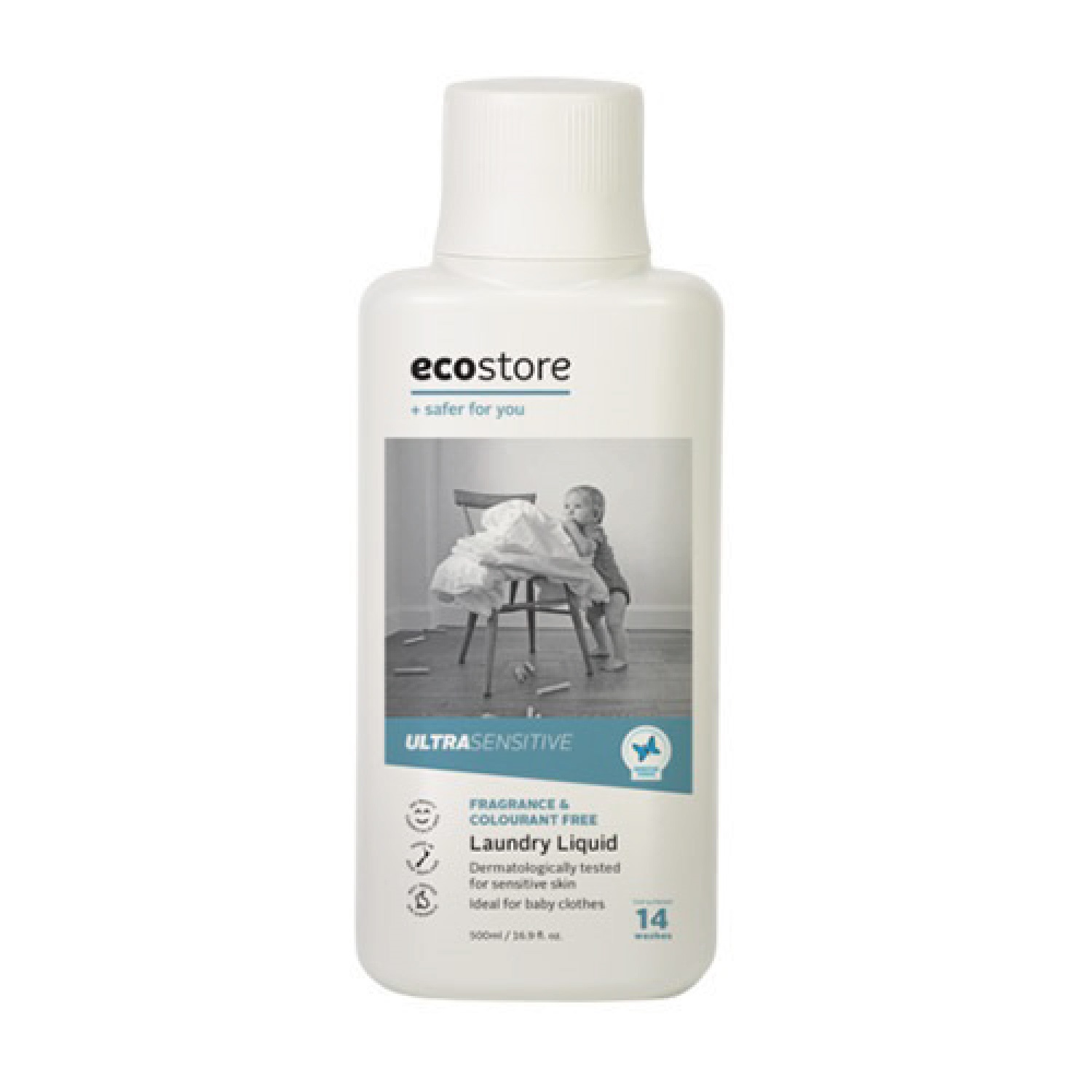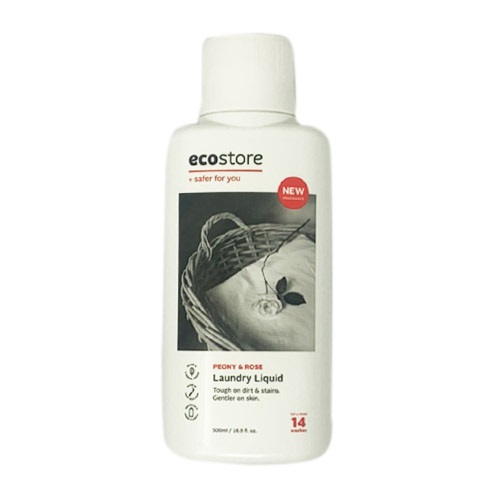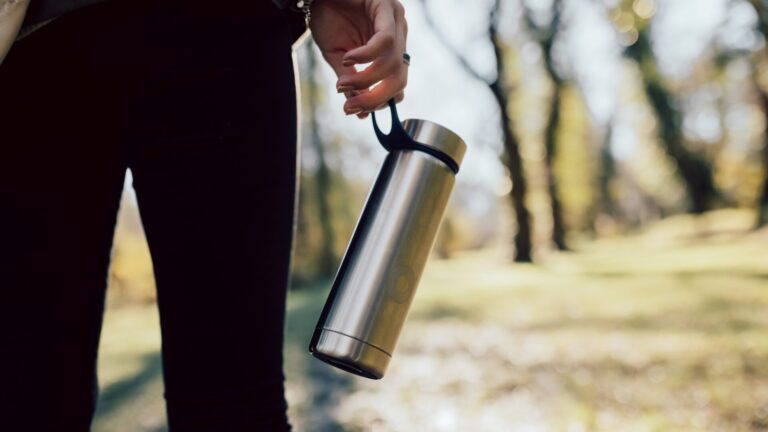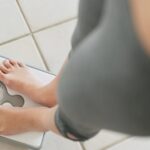I’ll never forget the moment I stood in the laundry aisle, staring at rows of brightly colored bottles, wondering: What exactly am I washing my family’s clothes with?
That question—simple yet profound—launched me into a journey that changed not just how I do laundry, but how I think about the everyday choices we make without a second thought. The shift toward eco-friendly laundry detergents isn’t just a trend. It’s a necessary reimagining of how we care for our clothes, our bodies, and the water systems that sustain all life on Earth.
The Hidden Cost of Clean Clothes
For decades, we’ve equated “clean” with synthetic fragrances, optical brighteners, and mountains of foam. But conventional laundry detergents carry invisible costs that extend far beyond your washing machine.
Every time we wash our clothes, chemicals flow through our pipes into wastewater systems. Many of these compounds—phosphates, synthetic surfactants, optical brighteners—don’t break down easily. They accumulate in rivers, lakes, and oceans, creating what scientists call “dead zones” where oxygen levels plummet and aquatic life suffocates.
Phosphates, once ubiquitous in detergents, trigger eutrophication—an explosive growth of algae that depletes oxygen in water bodies. While many countries have banned or limited phosphates, numerous harmful ingredients remain legal and widely used. Nonylphenol ethoxylates (NPEs), for instance, act as endocrine disruptors, interfering with hormonal systems in fish, amphibians, and potentially humans.
The plastic packaging that holds these products presents another challenge. Thick, single-use containers pile up in landfills or drift through ocean currents, fragmenting into microplastics that infiltrate food chains. When you consider that liquid detergents are up to 90% water—water we’re essentially paying to ship across continents—the inefficiency becomes glaring.
Your Skin Knows the Difference
The environmental toll is matched by health concerns that hit closer to home—literally, against your skin, 24 hours a day.
Detergent residue clings to fabric fibers even after rinsing. For people with sensitive skin, eczema, or allergies, ingredients like sodium lauryl sulfate (SLS) and synthetic fragrances can trigger inflammation, rashes, and respiratory irritation. Children and babies, whose skin barriers are still developing, face heightened vulnerability.
More concerning are the hidden contaminants. Sodium laureth sulfate, a common foaming agent, can be contaminated during manufacturing with 1,4-dioxane—a probable carcinogen that isn’t listed on labels because it’s a byproduct, not an added ingredient. Synthetic fragrances may contain phthalates, chemicals linked to hormonal disruption, yet companies aren’t required to disclose specific fragrance components due to trade secret protections.
The irony? We’re trying to get our clothes clean, yet we’re coating them in a chemical cocktail that may compromise our health.
What Makes a Detergent Truly Eco-Friendly?
Eco-friendly laundry detergents represent a fundamental rethinking of what “clean” means. These products prioritize both environmental sustainability and human health without sacrificing effectiveness.
Biodegradable ingredients form the foundation. Plant-derived surfactants from coconut, corn, or palm oil break down naturally in aquatic environments, unlike petroleum-based alternatives that persist for years. Natural enzymes—proteins that target specific stains like grass, blood, or oils—provide powerful cleaning action even in cold water, reducing the energy required for heating.
Transparency distinguishes ethical brands from greenwashers. Quality eco-detergents list every ingredient clearly, often earning third-party certifications like EPA Safer Choice or EWG Verified. These labels guarantee that products have undergone rigorous scientific evaluation for safety and environmental impact.
Sustainable packaging completes the equation. Concentrated formulas, powder formats, dissolvable sheets, and refill systems dramatically reduce plastic waste and transportation emissions. When you eliminate 90% of the water weight, you’re not just saving space—you’re cutting the carbon footprint of every delivery truck and cargo ship.
Decoding Labels: What to Avoid, What to Seek
Reading ingredient labels empowers you to make informed choices, but it requires knowing what you’re looking for.
Ingredients to avoid:
- Phosphates (cause algae blooms and oxygen depletion)
- Synthetic fragrances and dyes (allergens, irritants, hormone disruptors)
- SLS and SLES (skin irritants; SLES may contain carcinogenic 1,4-dioxane)
- Optical brighteners (coat fabrics with UV-reactive chemicals)
- NPEs (toxic to aquatic life, endocrine disruptors)
- Formaldehyde and parabens (preservatives linked to health concerns)
Ingredients that signal quality:
- Plant-based surfactants (decyl glucoside, lauryl glucoside)
- Natural enzymes (protease, amylase, lipase)
- Citric acid (water softener, natural bleach alternative)
- Baking soda (deodorizer, gentle cleaner)
- Essential oils or fragrance-free formulations
Certification labels offer shortcuts through this complexity. EPA Safer Choice products meet stringent safety standards. EWG Verified means ingredients score A-level ratings for minimal health and environmental hazards. Leaping Bunny confirms cruelty-free practices.
Sources: Best Non-Toxic Laundry Detergents: Safe for You & the Planet – Let’s Go Green
Harmful Chemicals in Laundry Detergent and Their Impact on Your Hormones
Eco-Friendly Laundry Guide – How To Choose A Environmentally Friendly Laundry Detergent?
Is Your Laundry Detergent Toxic? 6 Ingredients You Need to Avoid
Rethinking Laundry Practices for Maximum Impact
Switching to eco-friendly detergent is just the beginning. How you wash matters as much as what you wash with.
Cold water washing delivers the most significant environmental benefit. Heating water accounts for roughly 90% of the energy used in laundry. Modern eco-detergents contain enzymes specifically designed to activate in cold water, breaking down stains effectively without requiring heat. This simple shift can reduce your household carbon emissions substantially.
Proper dosing prevents waste and improves results. Overusing detergent doesn’t make clothes cleaner—it leaves residue, causes skin irritation, and sends excess chemicals into waterways. Start with the manufacturer’s recommendation, or even slightly less. If you see excessive suds, you’re using too much.
Natural boosters enhance cleaning power without harsh chemicals. Pre-treat stubborn stains with baking soda paste. Add white vinegar to the rinse cycle as a fabric softener alternative—it neutralizes odors, softens water, and reduces static without synthetic fragrances or quaternary ammonium compounds (quats) found in commercial softeners.
Ditch dryer sheets in favor of wool dryer balls. Add a few drops of essential oil for natural fragrance while reducing drying time and eliminating static—all without the chemical load of disposable sheets.
Eco-Friendly Detergents Worth Considering
Here are some standout eco-friendly detergents that embody these principles in practice.
ecostore Laundry Liquid <Fragrance Free> 500mL
What makes it special:
- Gently cleanses with plant and mineral-based ingredients
- Free from fragrances and colorants—ideal for sensitive skin
- Packaged in environmentally conscious biomass plastic containers
This concentrated liquid detergent washes clothes gently using plant and mineral-derived ingredients. Without any fragrances or colorants, it’s particularly well-suited for baby clothes and anyone with sensitive skin. Certified by the Asthma and Respiratory Foundation of Australia and New Zealand, it delivers quality you can trust. The biomass plastic containers reflect a commitment to environmental responsibility, making this a choice that’s gentle on both people and planet.
Natural Detergent birds Bottle 1,000mL
What makes it special:
- Completely pH-neutral—gentle on hands and fabrics
- Multi-purpose formula works for laundry, dishes, and household cleaning
- Exceptionally biodegradable with eco-design that returns safely to nature
One bottle does it all: laundry, dishes, and general cleaning around your home. The completely neutral pH makes it safe for skin and suitable even for delicate fabrics like wool and silk. Clothes come out soft and fluffy without needing fabric softener. Every ingredient derives from plants or food-grade additives. After use, it breaks down completely into water and carbon dioxide, leaving no environmental burden. It’s a gentle detergent where human life and natural cycles coexist harmoniously.
Slow Village All things in Nature
What makes it special:
- Zero-rinse and zero-electricity washing saves water and energy
- 100% plant-derived ingredients with exceptional biodegradability
- Uses RSPO-certified palm oil and bio-PET bottles
This laundry detergent cleans thoroughly without rinsing and treads lightly on the earth. The 2023 reformulation made “zero-electricity washing” possible as well, making it invaluable during emergencies and for outdoor adventures. All ingredients come from plants and biodegrade rapidly, returning harmlessly to water after draining. By adopting RSPO-certified palm oil and bio-PET bottles, it minimizes environmental impact. It’s your ally for sustainable living—balancing gentleness with genuine cleaning power.
All things in Natureethical bamboo Bamboo Clear
What makes it special:
- 100% natural—made solely from bamboo charcoal, bamboo ash, and spring water
- Needs just one rinse, conserving water and electricity
- Utilizes abandoned bamboo forests, supporting regional circular economies
Bamboo Clear is an additive-free detergent with 100% natural ingredients: nothing but bamboo charcoal, bamboo ash, and spring water. With no surfactants or fragrances whatsoever, it’s perfectly safe for sensitive skin and baby clothes. Because it doesn’t foam, one rinse is sufficient, helping conserve both water and electricity. This environmentally conscious product repurposes abandoned bamboo forests and has earned numerous accolades including the Social Products Award.
Sonett Natural Wash Liquid
What makes it special:
- Crafted purely from plant and mineral ingredients
- 100% biodegradable—returns quickly to nature after draining
- Available in organic lavender scent or fragrance-free
Sonett’s Natural Wash Liquid is formulated exclusively with plants and minerals. Safe for baby clothes and sensitive skin alike, it leaves fabrics soft and fluffy without fabric softener. Being 100% biodegradable, it returns swiftly to nature after going down the drain. This ethical brand powers operations with renewable energy like hydroelectricity and collaborates with people with disabilities—gentle toward both environment and society.
Shabondama Snowl
What makes it special:
- Additive-free soap made from 100% vegetable oils
- Endorsed by the Japan Atopy Association for skin gentleness
- Highly biodegradable—kind to the environment too
Shabondama Snowl is an additive-free liquid soap using only vegetable oils. Carefully crafted through the traditional kettle-cooking method without any optical brighteners, fragrances, or synthetic surfactants. With minimal skin irritation, it’s safe for sensitive skin and baby clothes. Fabrics feel soft and fluffy without fabric softener, and its high biodegradability means it doesn’t pollute waterways—achieving truly environmentally friendly laundry.
Menage SEN
What makes it special:
- Sustainable cleaning agent that upcycles scallop shells
- Strong alkalinity thoroughly breaks down bacteria and odors
- Unique formulation neutralizes upon skin contact for safety
This natural cleaning, disinfecting, and deodorizing powder is born from scallop shells. When dissolved in water, it reaches a powerful pH of 12 or higher, breaking down bacteria and odors in clothing at their source. Thanks to a unique manufacturing process that neutralizes the formula upon skin contact, it’s safe for the whole family. By repurposing scallop shells that would otherwise be industrial waste, it achieves an environmentally friendly, sustainable choice. Simply add it to your regular laundry routine for clean, comfortable living.
Small Choices, Lasting Impact
Here’s what I’ve learned: perfection isn’t the goal. Progress is.
You don’t need to overhaul your entire life overnight. When your current detergent runs out, simply choose an eco-friendly alternative next time. That’s enough to start.
I was skeptical at first—would plant-based formulas really remove my toddler’s grass stains and food spills? The answer surprised me. Not only did eco-detergents perform just as well as conventional brands, but my family’s skin improved. The persistent itchiness my daughter experienced vanished within weeks of switching.
The cumulative effect of these small decisions extends beyond individual households. When millions of people choose biodegradable detergents, phosphate-free formulas, and refillable packaging, market demand shifts. Manufacturers respond. Standards evolve. Regulations tighten.
Choosing eco-friendly laundry detergent isn’t about sacrifice. It’s about alignment—matching your daily actions with your deepest values. It’s recognizing that caring for your clothes and caring for the planet aren’t separate acts, but interconnected expressions of the same intention.
The laundry room, that humble, often-overlooked space, becomes a site of quiet revolution. Every load washed mindfully is a vote for cleaner water, healthier skin, and a livable future.
Why not cast that vote today?
